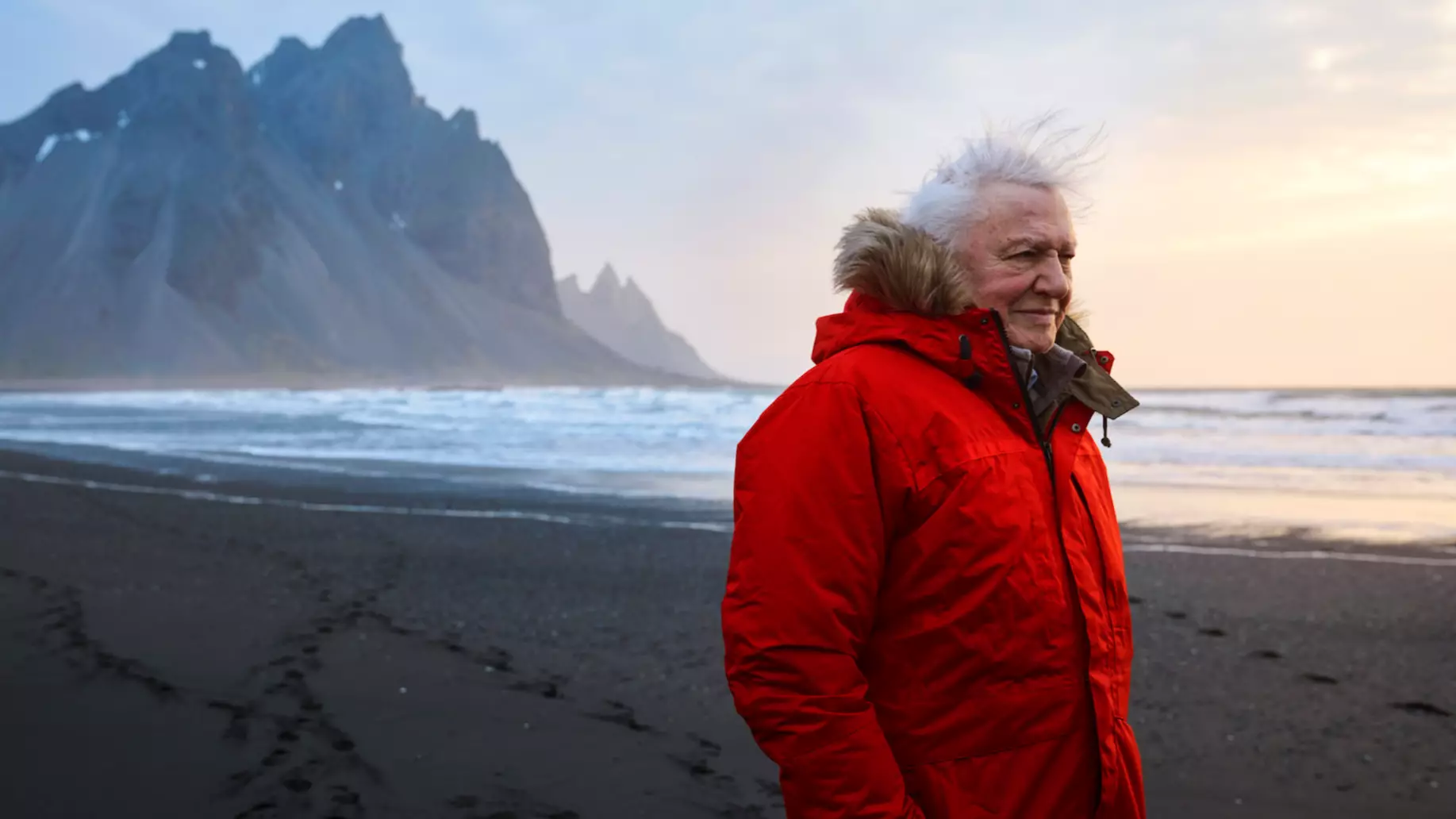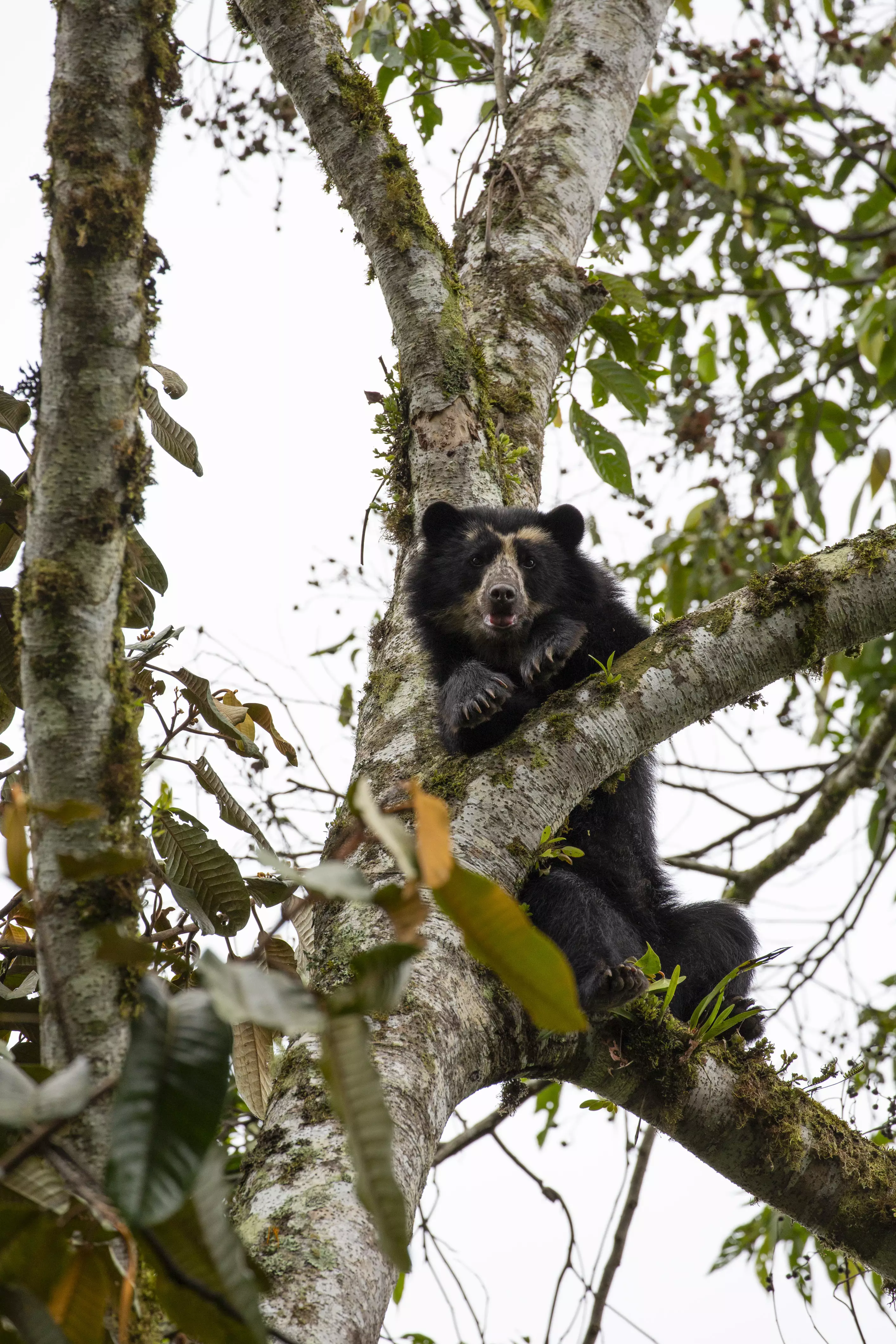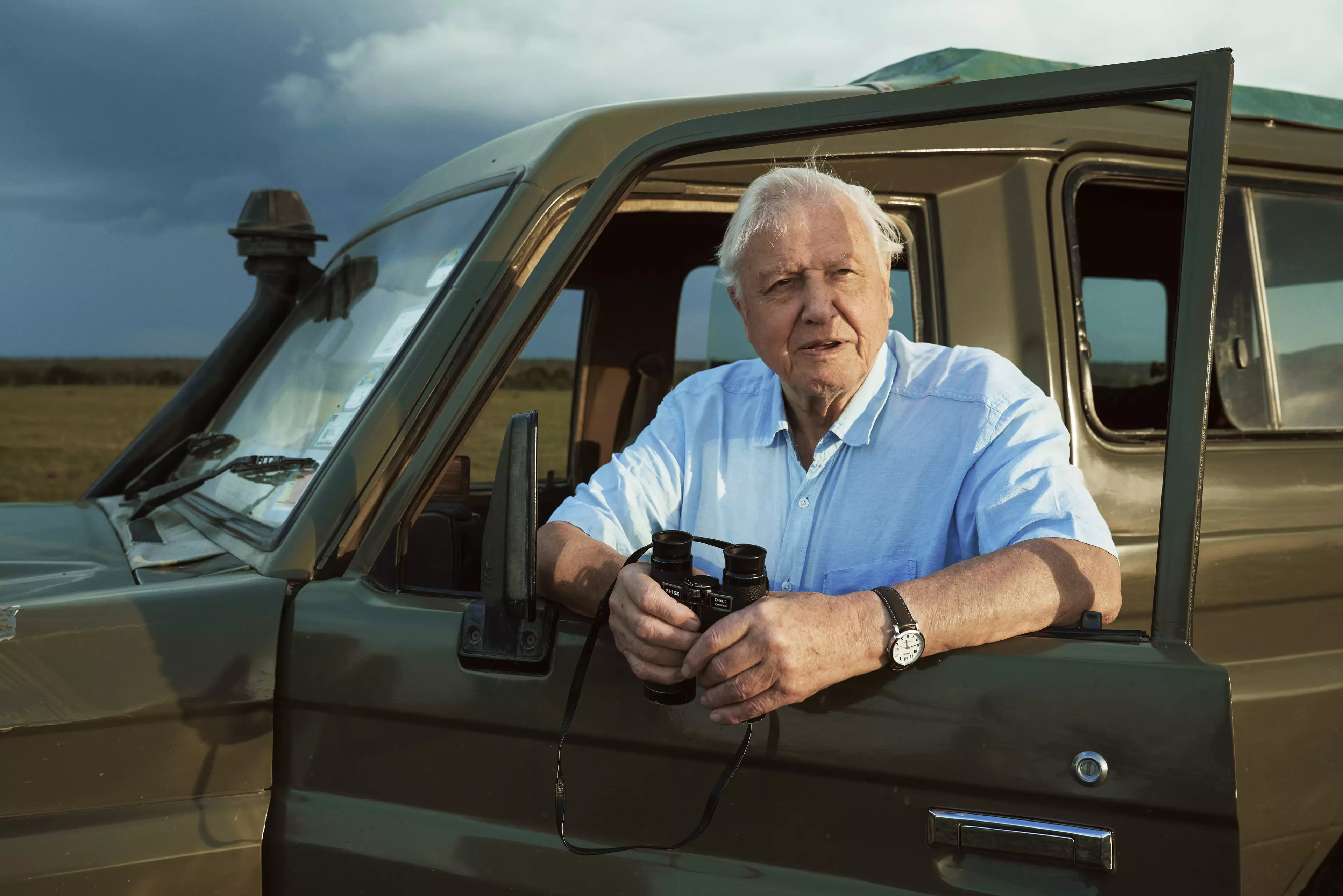
Just when we thought Sir David Attenborough and the BBC could do no wrong with their incredible Seven Worlds, One Planet docu-series, they go and use the wrong animal noises. Oops.
The BBC has apologised after it was told it had made errors in the programme, using the sounds of birds as background noise to footage of rare Andean bears in the cloud forests of Ecuador.
But to top it off, the sounds were of the red-legged seriema bird and while they are found in the South American continent, they are not even found in the Maquipucuna reserve where the episode was filmed. They actually live over 1,000 miles away in Bolivia, Brazil and Argentina. Woops!

Unfortunately, to some, this was a blatant error as this bird is apparently one of the most recognisable bird sounds in the continent.
Advert
It seems trivial to many of us, as the majority of us have no clue what bird is meant to be found where, but expert Dr Alexander Lees, a senior biodiversity lecturer at Manchester Metropolitan University who flagged the error, was not best pleased.
He suggested the BBC needed to pull its socks up to The Times.
He explained the error was similar to a "Mini Cooper popping up in a period drama". Now we see his point.
It wasn't the only error in the show either, because later on, the camera zooms in on a bird of prey whilst David Attenborough, 93, narrates.

The bird is identified in the scene as a caraca, but it is in fact a snail kite.
Advert
Dr Lees said this was less surprising given that these kinds of birds are very tricky to identify.
But he said "it's a case of giving people the honest truth about what's going on."
Since the errors were flagged, the BBC has now apologised and pulled the episode from iPlayer so that it can be edited accordingly.
It admitted the team often need to use supplementary audio sounds when they've had to film from a distance - which is why the bird sounds were used over the bears.
The broadcaster said: "Occasionally it is necessary to add supplementary audio to complement what's captured, when there is background noise or when filming a significant distance from the animal.
Advert
"This is not unusual in any natural history programme making, but in the South America episode some incorrect audio has been used for a bird sequence and a scene involving an Andean bear.
"A snail kite was also mistakenly identified as a caracara. We apologise for these errors and they will be corrected for future versions."
We're sure the BBC has learnt from the error and we for one will still be tuning in religiously. The footage is incredible.
Seven Worlds, One Planet continues on Sunday at 6.15pm on BBC One.
Featured Image Credit: BBCTopics: BBC, TV News, TV Entertainment